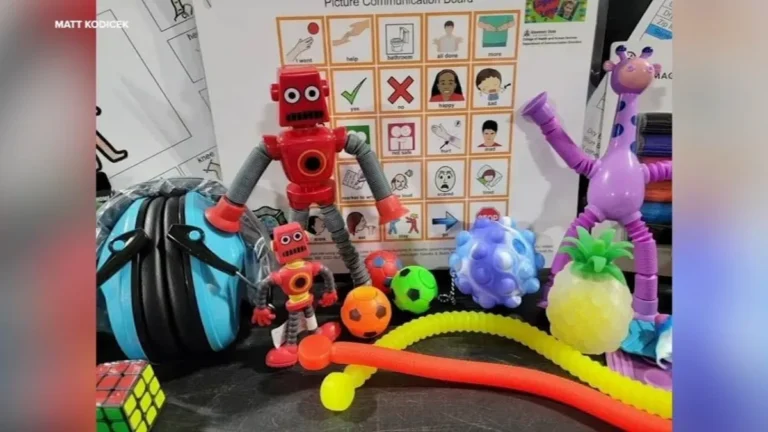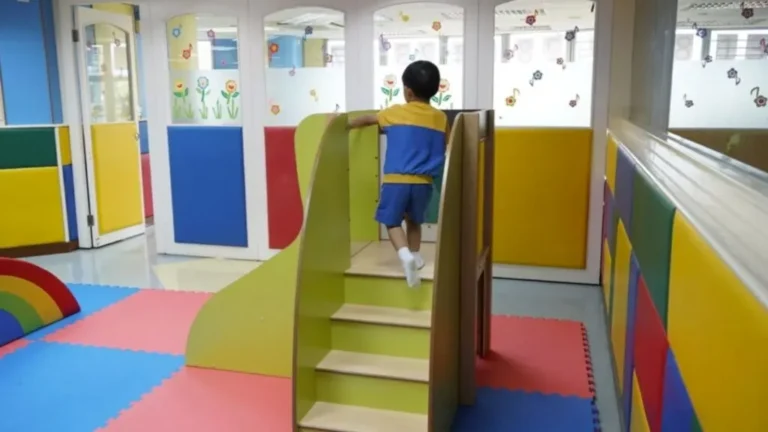Golden Care Blog
Welcome to the Golden Care Therapy Blog—your go-to source for evidence-based insights and practical tips on autism and ABA therapy. Explore the latest research, hands-on strategies, and expert guidance designed to help your child thrive at home, in school, and beyond.

Supporting Kids with Autism When Loud Noises Become Overwhelming
For many kids with autism, the world can be a loud and overwhelming place. While

Understanding Whether SPD is Linked to Autism Diagnosis
Sensory Processing Disorder (SPD) is a condition where the brain has difficulty receiving and responding

How Ben’s Blue Bags are Changing First Responders’ Approach
One Indiana firefighter is taking meaningful steps to bring greater awareness and support to individuals

A Look at Various Medicines for Autism in Children
Finding the right support for a child with autism can feel overwhelming, especially when it

How Overstimulation Impacts Children with Autism Daily
Children with autism often experience the world in a way that’s more intense and overwhelming

Understanding Noise Sensitivity in Children with Autism
Noise sensitivity is a common sensory issue among children with autism. Understanding how sensory processing works in

The Role of Sensory Seeking in Autistic Kids’ Behavior
Children with autism often engage in sensory seeking behaviors, which are actions taken to fulfill

Autism with ADHD Symptoms: An Overview
Research indicates that autism and attention-deficit/hyperactivity disorder (ADHD) frequently occur together. Studies from 2022 show that between 50%

Identifying the Physical Signs of Autism in Children
Identifying the early indicators of autism in children is crucial for timely intervention and support.
Get in Touch Today
If you’re looking for compassionate ABA therapy and a team that truly cares, we’re here for you. Let’s walk this journey together, one small success at a time.
We’re ready when you are.
